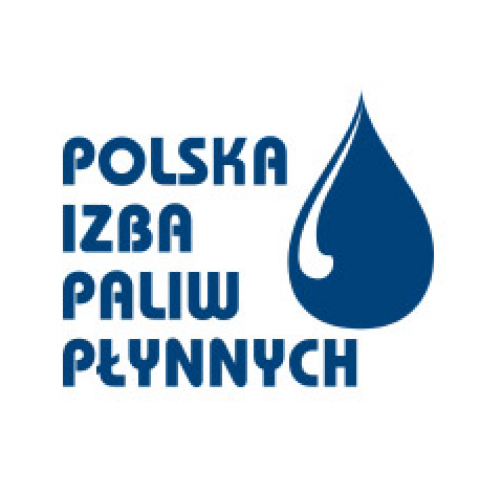Selected categories:
- Public administration

BPCC was set up in 1992 and now has over 400
corporate members. We assist developing British-
Polish trade links, promote best business practice
and foster cultural relations. We work closely
with business and government to create a better
business environment. We are active in major
...
Ministry of National Education comprises the
government administration department: education
and learning. To the main tasks of the Ministry
belong the cases connected with the scholarship
aid for scholars, external examinations, state
policy for young people, employment of teachers,
...
The main tasks and activities of the Chamber are
Professional help and advice to the Members of the
Chamber in technical, legal and organisational
areas; protection and representation of the
business of the associated companies; co-operation
with state bodies, institutions, self-governing
...
Public administration
Did you know that:
Poland’s public administration is a complex system of bodies and institutions that manage public affairs in the country. Its main objective is to implement government policies, ensure legal order, and provide public services to citizens. The system is organized on three levels: central, regional (voivodeship), and local (municipal), which allows for efficient management both at the national and local levels.
Structure of Public Administration in Poland
Polish public administration is based on a division between government administration and local government. The government administration is the central executive authority, led by the Prime Minister and the Council of Ministers. It consists of ministries, government agencies, and other central administrative units responsible for managing and regulating various sectors of the economy, politics, and social life.
On the other hand, local government operates at the voivodeship, county, and municipal levels. Local authorities play a crucial role in organizing public services in their regions, such as education, healthcare, public transportation, environmental protection, and culture. Local governments are elected by citizens in democratic elections, which ensures their legitimacy and accountability to local communities.
Role of Government Administration
The government administration, led by the Prime Minister and ministers, is responsible for creating and implementing national policies, managing the economy, national defense, internal security, and international cooperation. One of its primary tasks is to draft and enforce laws that regulate social and economic life in Poland. The government is also responsible for fiscal, economic, and social policies, which are executed by various governmental bodies.
Role of Local Government
Local government in Poland is responsible for executing public tasks at the local level. Local authorities manage public services such as public education, healthcare, public transport, spatial planning, and environmental protection. They are also in charge of infrastructure investments and the development of local economies. Thanks to the decentralization of power, local governments have significant influence on regional policy and the delivery of public services tailored to the needs of local communities.
Key Tasks of Public Administration
Public administration’s primary tasks include ensuring justice, public order, healthcare, education, national security, and the development of infrastructure and social welfare. It also handles regulations concerning labor law, environmental protection, water management, energy, transportation, and various other sectors critical for the functioning of society.
Reforms and Challenges of Modern Public Administration
Poland’s public administration underwent significant changes after 1989, when the country transitioned from a centralist system to a more decentralized model, with a stronger focus on local governments. These changes aimed at improving administrative efficiency and increasing transparency.
Today, Poland’s public administration faces several challenges, including adapting to changing social, economic, and technological realities. A key aspect of modernizing public administration is digitalization, which allows for the provision of online services and improves citizens’ access to public services. These challenges require constant improvements to the public administration system, as well as adaptations to new technologies and the evolving needs of society.
Summary
Poland’s public administration is a crucial element in the functioning of the state, responsible for managing public affairs and providing services to citizens. The complexity and structure of the administration, encompassing both government and local administration, ensure effective governance at various levels. Contemporary challenges, such as digitalization and decentralization, require ongoing development of public administration to meet the growing social and economic expectations.

 pl
pl  en
en  de
de  es
es  fr
fr  it
it  pt
pt  ru
ru  sv
sv 









